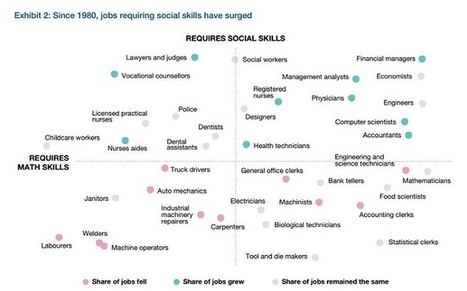What is Phenomenon-Based Learning?
Finland will go through a new education reform that will take over in the academic year 2016-2017. Phenomenon-Based Learning will be complementing Finland’s traditional subjects. The Phenomenon or Topic Based Learning is being planned to be conducted over periods during the year and could be paced in projects – is the old new in Finland’s education. For more than three decades, Finnish schools have had a form of Phenomenon-Based Learning. What will change in 2016-2017 is that it will be obligatory in all basic schools for seven to 16-year-olds.
Phenomenon-Based Learning tackles real-world scenarios holistically from different subject areas’ perspectives. This method will entail a rich learning experience, which is relevant to learners’ lives. The interdisciplinary learning could be conducted in a simple way, by linking similar knowledge areas between different subjects and introducing them at the same slot of the academic year.
This develops awareness of how curricula intersect to form the broader frame of knowledge. A more sophisticated interdisciplinary approach, such as Phenomenon-Based Learning occurs when we go beyond simply linking different subjects to applying, organising centers and essential questions to plan topic teaching. One example could be the questions students have about a topic such as the importance of the European Union. To answer these questions knowledge and skills from economics, history, geography and languages are to be integrated.
Learn more / En savoir plus / Mehr erfahren:
http://www.scoop.it/t/21st-century-learning-and-teaching/?tag=Finland
http://www.scoop.it/t/21st-century-learning-and-teaching/?tag=Phenomenon+Based+Learning
Via
Gust MEES



 Your new post is loading...
Your new post is loading...


















1. Joint Research Centre the European Commission's in-house science service Blockchain in Education A study on the digital accreditation of personal and academic learning Andreia Inamorato dos Santos @aisantos Groningen, The Netherlands 5th September 2017
2. 2 Joint Research Centre - JRC The JRC (Seville) is the in-house science service of the European Comission. Our main goal is to support policy making in Europe via research evidence. We have over 100 policy reports published in the field of education, to include reports on Open Education, area in which we locate our blockchain study. It can be downloaded from: http://bit.ly/openeduframework
Learn more / En savoir plus / Mehr erfahren:
http://www.scoop.it/t/21st-century-learning-and-teaching/?&tag=blockchain